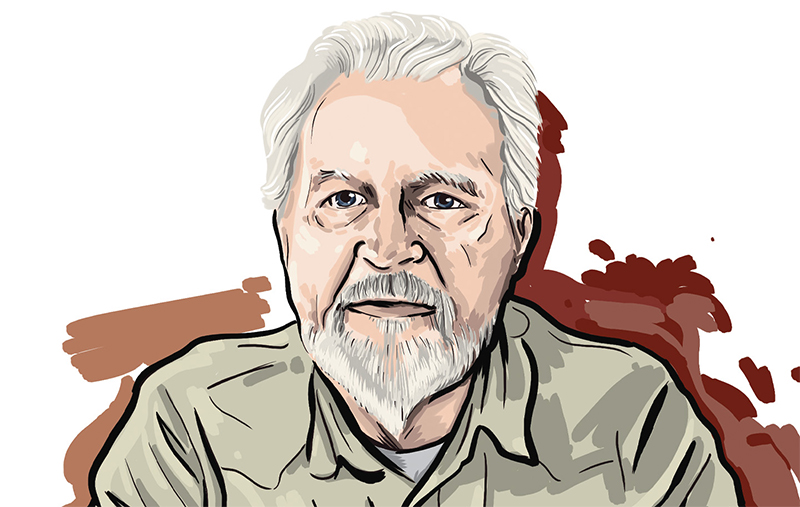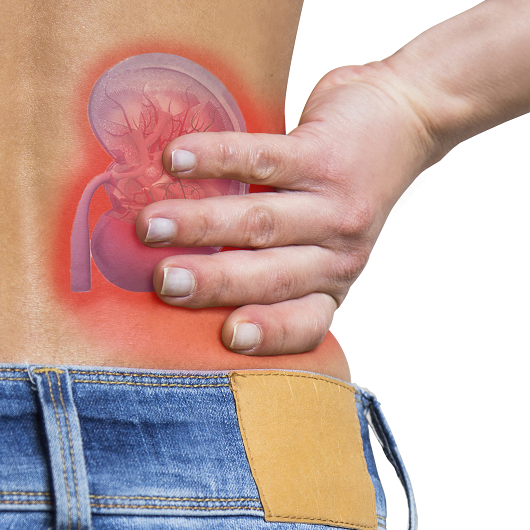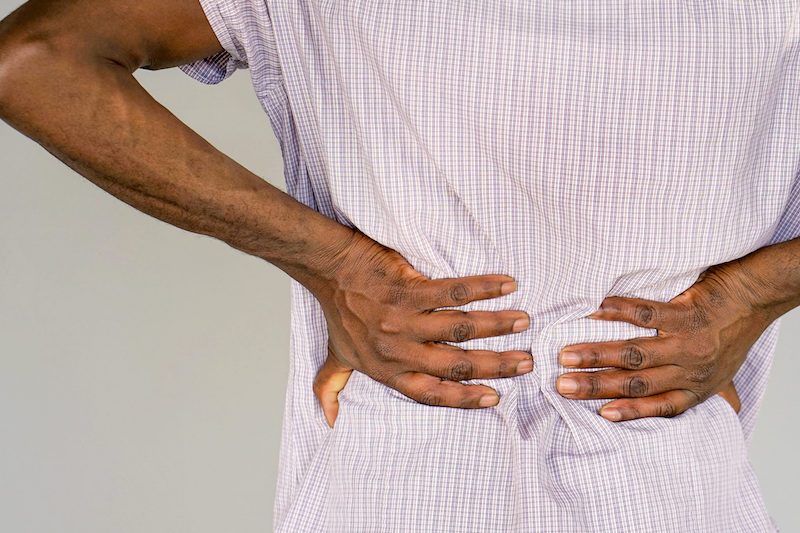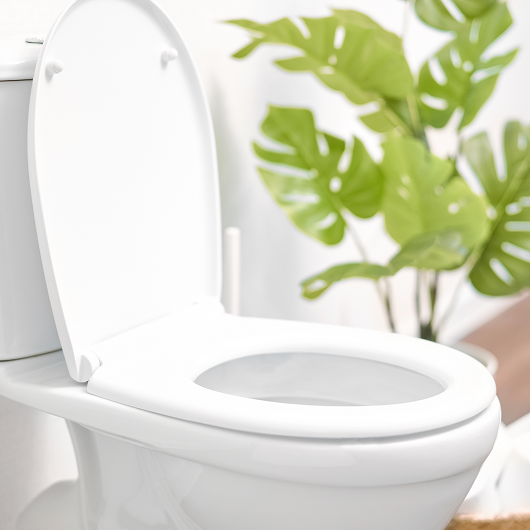Kidney Stone Treatment in New Jersey
Kidney stones are hard deposits of minerals and acid salts in your urine. They can be painful when passing through the urinary tract. There are different types of kidney stones:- Calcium oxalate stones: the most common type of kidney stone, linked with eating foods high in oxalate, such as beets, nuts, potatoes, spinach, beans and soy
- Calcium Phosphate Stones: caused by urinary tract infections, too much parathyroid hormone (hyperparathyroidism) or a buildup of acid (renal tubular acidosis)
- Cystine Stones: caused by cystinuria, a hereditary genetic disorder
- Struvite Stones: more common in women, these stones are caused by certain types of urinary tract infections
- Uric Acid Stones: more common in men, these stones tend to occur in people who have diets high in animal protein, who don’t drink enough water or who have gout
By identifying your exact type of kidney stone, we can recommend the best treatment and help prevent kidney stones in the future.
Diagnosing Kidney Stones
Our urologists will conduct a thorough exam using the latest tools and techniques to diagnose your condition. Your exam may include:
- Blood tests
- Imaging studies, such as an ultrasound, x-ray, CT or MRI
- Urine tests
Who Should See a Kidney Stone Specialist
A kidney stone is a very common condition that affects 10 – 20 percent of Americans. If you’ve already had a kidney stone, you are at an increased risk of developing another within 5-10 years.
Although some kidney stones can be passed through the urinary tract with little discomfort, most stones cause symptoms such as:
- Blood in urine
- Fever
- Nausea
- Pain in side or groin
- Vomiting
Seek the care of a urologist if you are experiencing any of these symptoms.
Treating Kidney Stones
After our specialists determine the exact type and location of your kidney stone, we develop a customized treatment plan to help relieve your discomfort and prevent future recurrences.
To treat existing kidney stones, your urologist may recommend a number of approaches, including:
- Extracorporeal Shockwave Lithotripsy (ESWL): A procedure that uses sound waves and x-rays to locate and break up stones into small pieces that can be passed in urine.
- Medication: Helps pass the stone or prevent it from growing.
- Percutaneous Nephrolithotomy (PCNL): For kidney stones that are too large (usually larger than 2 centimeters), too numerous, or too dense to be treated by shockwave lithotripsy or ureteroscopy, PCNL offers a minimally invasive surgical procedure using a video scope to locate and remove hard-to-reach stones.
- Robotic Surgery: A minimally invasive surgical procedure performed using robotic-assisted tools to remove the stone(s).
- Ureteroscopy: A common procedure performed through the urethral opening, used to remove the stone with a basket device or break up the stone with a laser and remove the fragments.
Why Choose Hackensack Meridian Health to Treat Kidney Stones
The Department of Urology at Hackensack University Medical Center, a nationally ranked program by U.S. News & World Report, is renowned for its high-quality urologic care, including excellence in research and clinical outcomes.
- Ranked #17 in the nation by U.S. News & World Report
- Hackensack University Medical Center has been ranked the best Urology Program in New Jersey for eleven years in a row by U.S. News & World Report and ranked in the Top 20 nationally.
- 6 subspecialties with fellowship-trained urologists
- 2 Joint Commission Disease-Specific Care Certifications in prostate cancer and kidney cancer
- 6 consecutive Magnet designations by the American Nurses Credentialing Center for nursing excellence
Preventing Kidney Stones
Our urologists understand that patients who have already had a kidney stone are more likely to develop another. In fact, more than 50 percent of people who form one stone will form another. That’s why we go beyond simply treating your kidney stone by collaborating with nephrology specialists to provide you with the latest information and guidance on stone prevention.
In patients who have had two or more stones, we recommend a metabolic evaluation to identify what is causing the stones. Most of the time, the most effective prevention is changing your diet. Sometimes we supplement minerals and electrolytes to prevent stones. If these steps don’t work, we may recommend medication. Common prevention strategies include:
- Drinking lots of water
- Eating less animal protein
- Limiting your salt intake
- Increasing calcium in your diet
- Eating fewer high-oxalate foods, such as beets, nuts, potatoes, soy products and spinach












